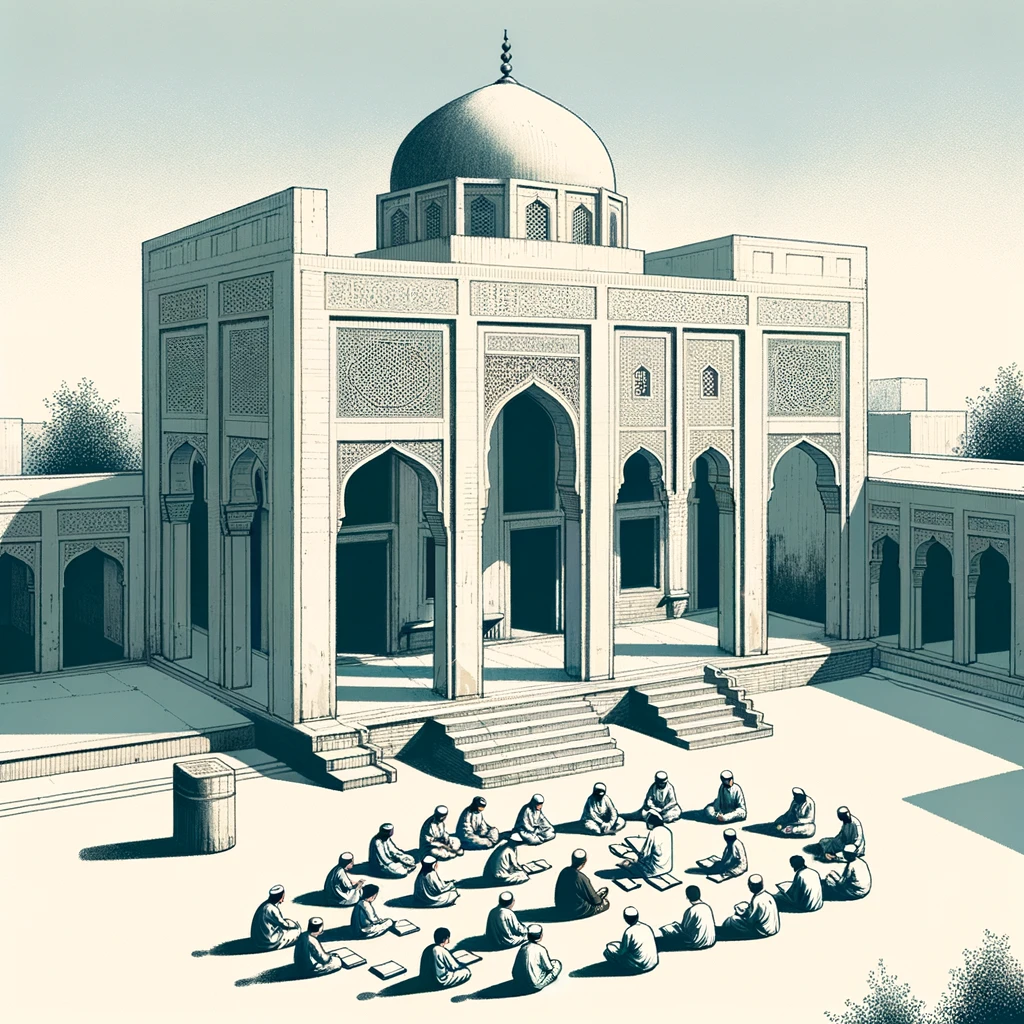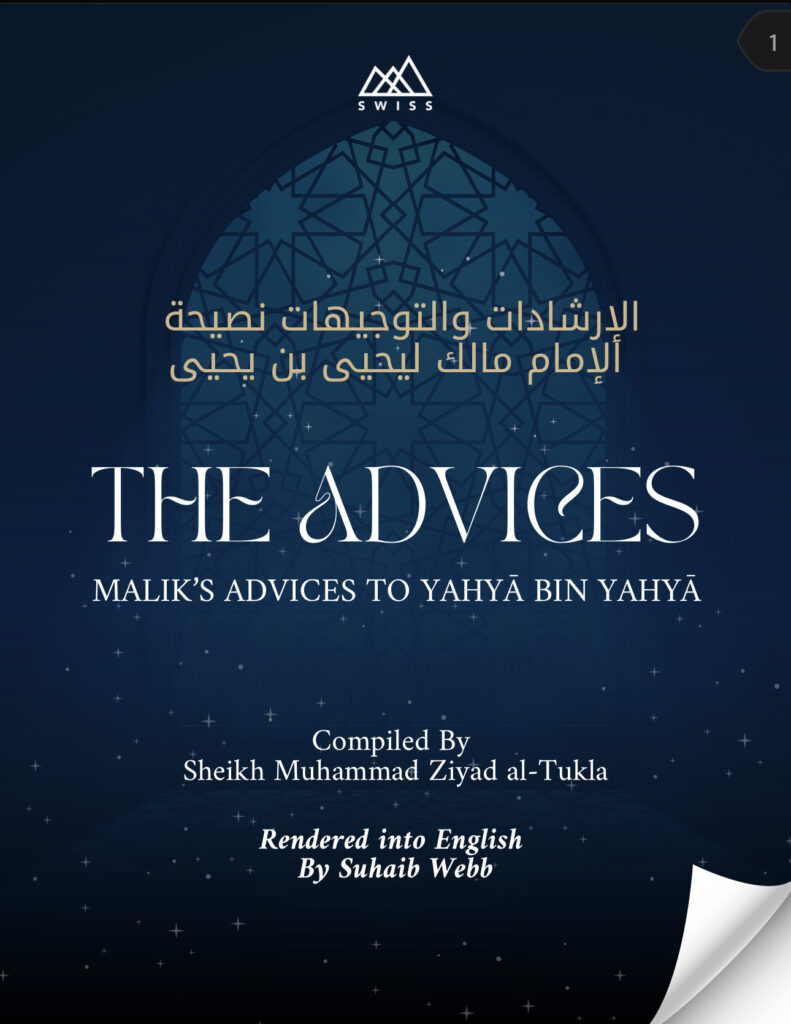Sayyiduna Abu Dharr & Insulting Sayyidana Bilal’s Mother

A few weeks ago, I was on a call with Sheikh Dirie Ahmed from MAFAZ ARABIC. We talked about a story that’s often mentioned about Sayyiduna Abu Dharr رضي الله عنه supposedly insulting Sayyiduna Bilal’s mother رضي الله عنه. Sheikh Dirie pointed out that this story doesn’t have strong evidence to back it up.
I recall some research I had done on that topic that I am sharing below. Remember, just because something is popular amongst the masses does not mean it is authentic or true.
Abu Dharr & The Insult
Ibn Battal shares a story saying that Samurah ibn Jundub رضي الله عنه heard Abu Dharr رضي الله عنه insulted Bilal رضي الله عنه by talking about his mother. But when we look closely, we find that this story doesn’t have a strong link back to the original sources.
What we do know for sure is that Abu Dharr رضي الله عنه once insulted someone and mentioned his mother in a bad way. However, the story that it was about Bilal رضي الله عنه and his mother is unreliable because the sources that tell this story are weak and don’t match up with the authentic ones.
Al-Ma’rur bin Suwaid said, “I saw Abu Dharr wearing a cloak, and his servant was wearing a similar one. When I asked him about that, he mentioned that he had insulted a man during the time of the Messenger of Allah, ﷺ, and derided his mother.
The man went to the Prophet ﷺ and mentioned that to him. The Prophet, ﷺ, said, ‘You are a man who has ignorance in him. Your brothers and those under your command; Allah has placed them under your charge. Whoever has his brother under his charge, let him feed him what he eats and clothe him with what he wears, and do not burden them with what overwhelms them. If you burden them, then help them.’” Narrated by Muslim (1661), and in a narration by Bukhari (6050): “Yes, they are your brothers, Allah has placed them under your charge. Whoever Allah has placed his brother under his charge, let him feed him what he eats, and clothe him with what he wears, and not burden him with work that overwhelms him. If he burdens him with what overwhelms him, then let him help him.” Therefore, Al-’Ayni said in “Umdat al-Qari” (1/208): “His saying: ‘I insulted a man’: Al-Nawawi said: And the context of the hadith suggests that the insulted was a slave.” Ibn Hajar comments on that narration: that it was Bilal رضي الله عنه, “It is broken.” The claim that Abu Dhar insulted Bilal or his mother, or her color is therefore unfounded.
Sh. Dirie adds, “So how did Bilal رضي الله عنه and his mother get brought into this? Well there is a report in Shu’ub al-Iman of Imam al-Bayhaqi that highlights that it was Bilal and his mother who Abu Dharr insulted. However, in the chain of transmission is a narrator by the name of ‘Abu Abdil Malik Ali Bin Yazid, who many of the great scholars of hadith designated as weak. [see tahdhib-at-tadhib 3/199 Mu’assasah al-Risālah.
Allah knows best.
Suhaib Webb









